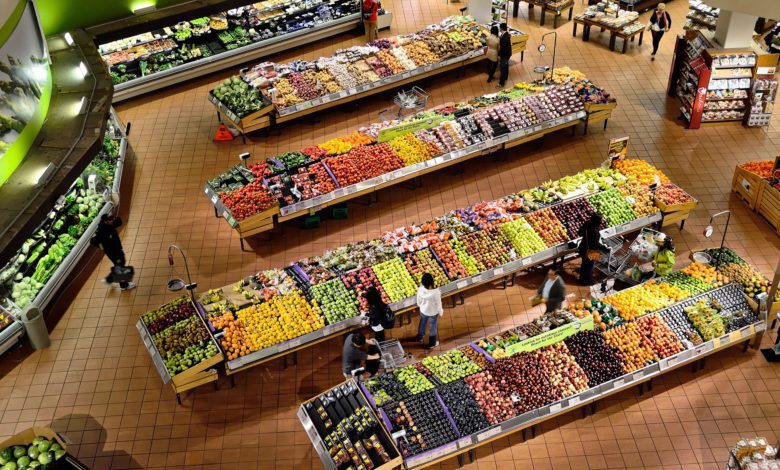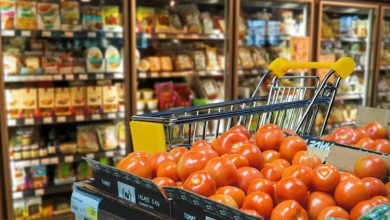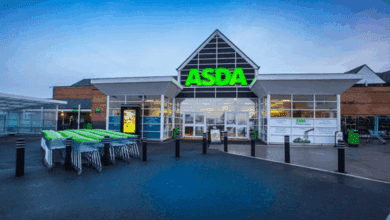Shop price inflation hits 18-month high in first week of August
Ambient food inflation decreased to 4.2% year on year in August, against growth of 5.1% in July

Register to get 1 free article
Reveal the article below by registering for our email newsletter.
Want unlimited access? View Plans
Already have an account? Sign in
Shop price inflation increased to 0.9% year on year in the week ended 7 August, an 18-month high, according to data from the British Retail Consortium.
This increase came against growth of 0.7% in July and was above the three-month average inflation of 0.6%, driven by price hikes across butter, chocolate and eggs.
Non-Food inflation increased to -0.8% year on year in the period, compared with a decline of -1.0% in July, above the three-month average of -1.0%.
Food inflation increased to 4.2% year on year in August, compared with 4.0% in July. Fresh food inflation increased to 4.1%, compared with 3.2% in July, while ambient food inflation decreased to 4.2% year on year in August, against growth of 5.1% in July.
Helen Dickinson, BRC CEO, said: “Shop price inflation hit its highest rate since March last year, fuelled by food price rises. This adds pressure to families already grappling with the cost of living.Retailers continue doing everything they can to limit price rises for households, but as the Bank of England acknowledged, the £7bn in new costs flowing through from last year’s Budget has created an uphill battle for retailers.
“That is why over 60 retail CEOs recently wrote to the Chancellor with a call to ensure there are no further tax rises on retail this Autumn. The planned business rates reforms present an opportunity to deliver a meaningful reduction in retail, hospitality and leisure bills, ensure no shop pays more as a result and help retailers keep prices low for customers.”
Mike Watkins, head of retailer and business insight, NIQ, added: “The uptick in prices reflects several factors: global supply costs, seasonal food inflation driven by weather conditions, the conclusion of promotional activity linked to recent sporting events, and a rise in underlying operational costs. As shoppers return from their summer holidays, many may need to reassess household budgets in response to rising household bills.”







